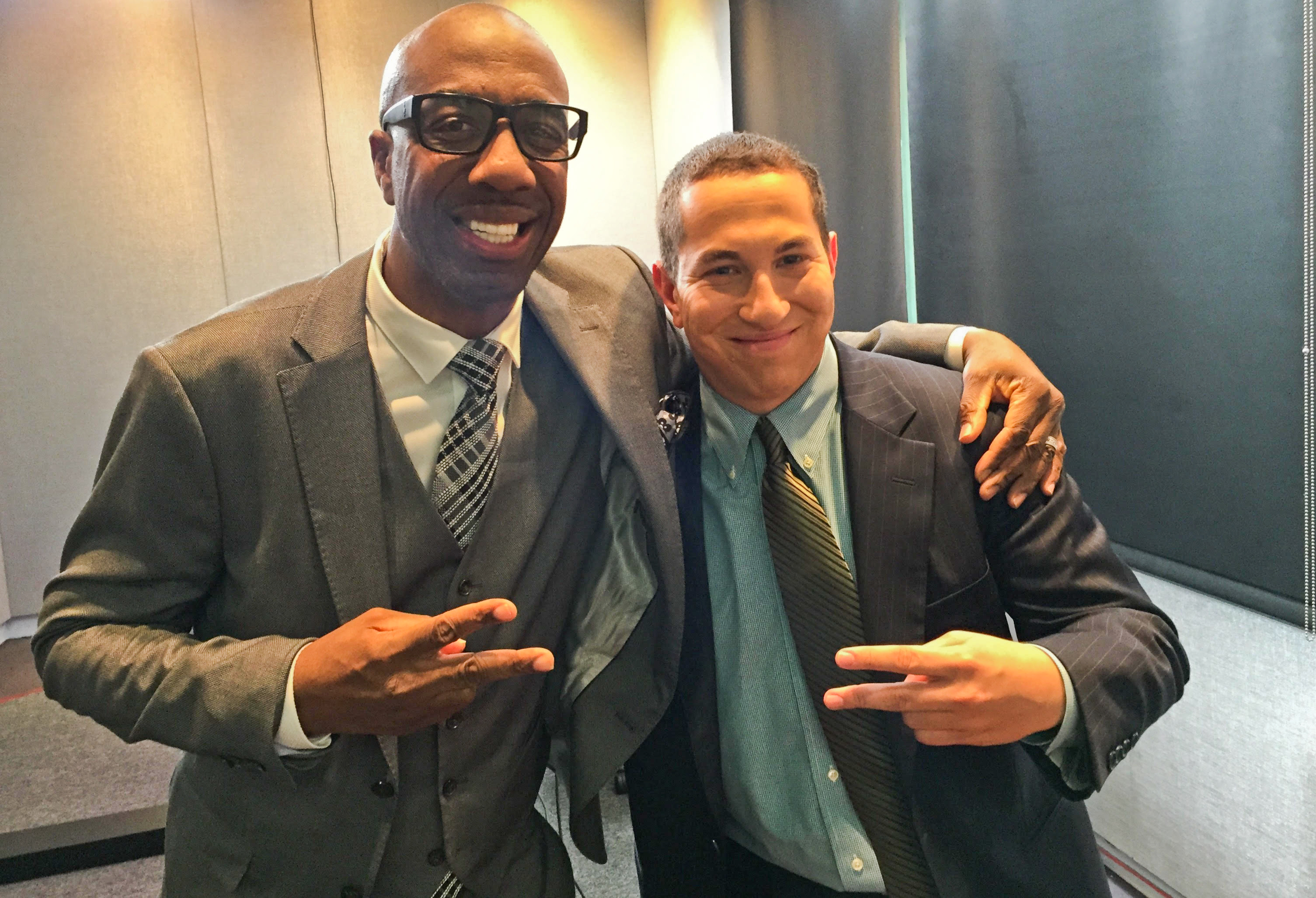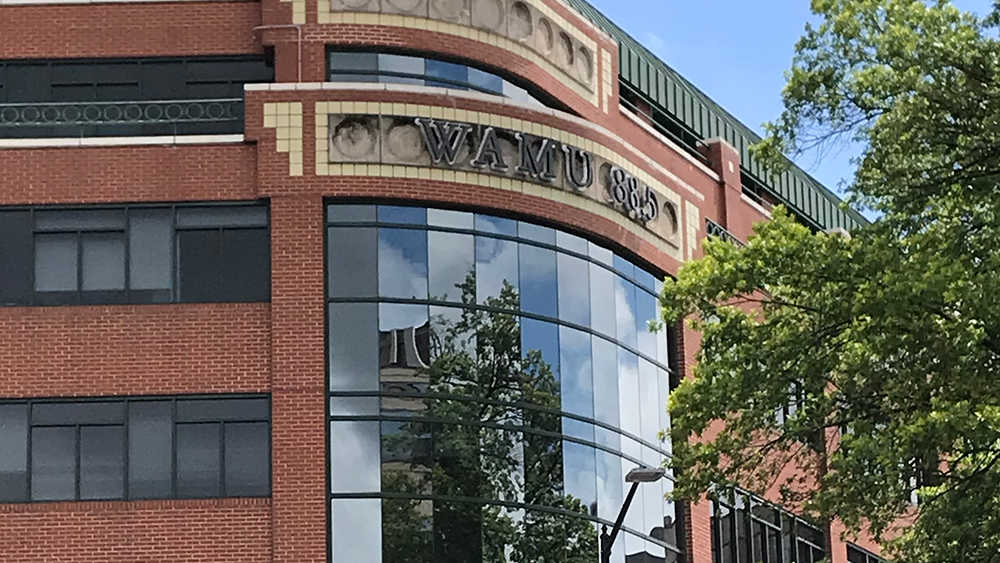Documentary series The View From Here attracts national attention with multimedia, audience interaction

Capital Public Radio reporter Katie Orr, left, interviews Judy and Justin Lee for “Who Cares,” a View From Here documentary about caregivers of parents and siblings with disabilities. (Photo: Andrew Nixon, Capital Public Radio)
A documentary series produced by Capital Public Radio in Sacramento, Calif., focuses solely on issues in the station’s home state yet has attracted attention from NPR and a national audience by creating digital content to accompany hourlong radio documentaries.
Launched in 2011, The View From Here comprises two in-depth multimedia documentaries a year. Though the focus is local, the show’s producers choose topics that often transcend California’s borders, such as high-school dropout rates and autism among adults. The most recent documentary, “Who Cares,” examined the physical and emotional toll of caring for parents, spouses and children with disabilities.
In addition to a radio documentary, “Who Cares” included photos, videos and a blog, Caregivers Speak, which collects stories about family caregivers. Producers combined these elements into a multimedia article for NPR’s website on the weekend of July 4, and the package led the site in hits.
The digital components were key to convincing NPR to feature the story and its various components on the site, said Joe Barr, director of news and information at Capital Public Radio.
“We very specifically decided we wanted to bring the radio documentary into the 21st century,” Barr said. “The idea was to succeed by understanding that The View From Here is an approach to storytelling, not just a one-hour show.”
The digital features have allowed the program to portray a more nuanced portrait of how the issues it tackles affect people’s lives. Sites like Caregivers Speak continue to collect stories about documentary topics via a call-in line and social media, creating what the show’s producers call a “multimedia journal.” In one phone recording on the site, Sheila Parker from Reno, Nev., talks about caring for her mother, who has Alzheimer’s disease, and her son, who has a mental illness.
“I find that laughter with my mom has brought us through most, even though she may not understand everything she’s laughing at,” she said. Parker also said that finding help for her son has been challenging, and, like many on the site, thanked Capital Public Radio for the documentary. “There’s a lot of us out here who really need some help,” Parker said.
These personal journals bring together people who have had similar experiences to those highlighted in the documentaries, keeping discussions going even as the show moves on to new subjects.
“Part of what we’ve tried to do with the community engagement initiative is make connections with a lot of different groups who have a vested interest in the topic,” Barr said. For its recent report on high-school dropout rates, which focused particularly on nearby San Joaquin County, the show partnered with 10 community organizations, including the Teen Impact Center and the San Joaquin County Department of Education. The organizations and Capital Public Radio put together a discussion guide to help facilitate community dialogues about high-school dropouts. The partnering organizations have so far hosted 34 community meetings using the guide.
“We’re giving people in communities tools they can use to have their own conversations about these topics — that was how we could hand the project off,” Barr said.
Funders of The View From Here include the California Endowment, the California HealthCare Foundation and the Sierra Health Foundation. Capital Public Radio distributes the documentaries via PRX, and about 30 other stations have aired them. The station hopes that number will grow as it produces more documentaries.
The next documentary, about hunger and lack of access to healthy food, will air in early November, and Capital Public Radio is planning to share it with NPR as well.







